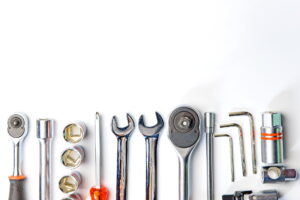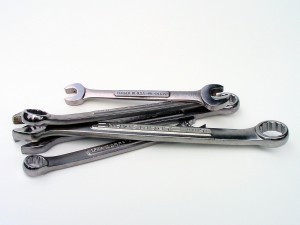 Boilers are some of the oldest and most reliable heating systems in the world. The ancient Romans used to use boiling water to heat their homes via steam and lead pipes, so there’s a very good precedent for having a boiler heat your home. In a hundred years, we’ll probably still have powerful boiler systems because they’re just that effective.
Boilers are some of the oldest and most reliable heating systems in the world. The ancient Romans used to use boiling water to heat their homes via steam and lead pipes, so there’s a very good precedent for having a boiler heat your home. In a hundred years, we’ll probably still have powerful boiler systems because they’re just that effective.
However, the type of boiler you have in your home is going to change things quite a bit. Oil boilers, for instance, are going out of style and many HVAC professionals are refusing to install them. Meanwhile, gas boilers are becoming increasingly popular and our team provides all the necessary installation services you might need.
Today, we’re going to talk about oil to as boiler conversions. We’ll discuss why it’s a popular option, and how to contact our team for any boiler services in Washington, DC that you might need.



 Do you want all the benefits of a gas boiler without the high replacement cost? Have you considered an oil to has conversion? Polar Bear Air Conditioning & Heating, Inc. offer oil to gas boiler conversion for customers in the Washington, D.C. area.
Do you want all the benefits of a gas boiler without the high replacement cost? Have you considered an oil to has conversion? Polar Bear Air Conditioning & Heating, Inc. offer oil to gas boiler conversion for customers in the Washington, D.C. area.